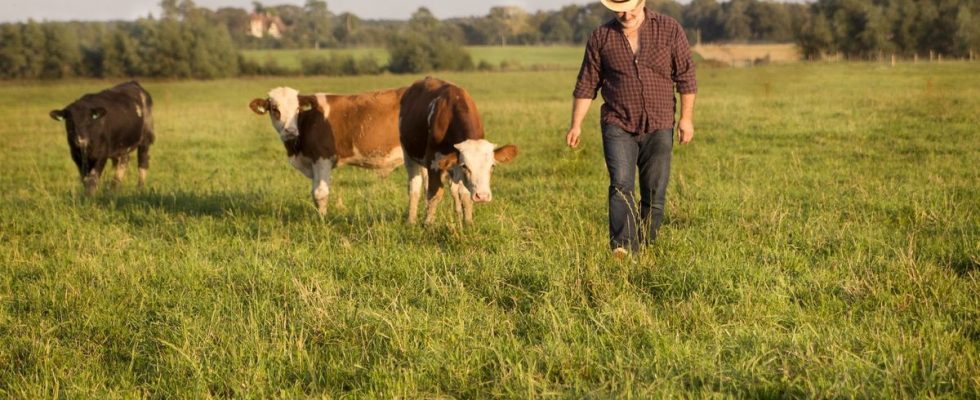Published on
Updated
Reading 2 min.
In the United States, and for the second time, a man tested positive for avian flu. And in this rare case, the infection came from a dairy cow. Should we fear a spread of this disease via mammals to humans?
Should we be more worried about avian flu, which would no longer only concern birds, but also flocks and humans? In the United States, less than a week after the contamination of dairy cows in Texas and Kansas, we learned that a person was also infected by one of the cattle. A spread to mammals which raises questions.
A first case of transmission from a cattle to a human
The man in question is the second patient to test positive for bird flu in the United States. A first case was discovered in the country in 2022, in Colorado, but it was an infection by poultry. This new case was detected after the virus sickened herds in several states.
“The patient reported redness of the eyes (corresponding to conjunctivitis), as the only symptom, and recovers”, the authorities announced on Monday. The man has since been isolated and treated with an antiviral drug used for the flu, but is not in danger.
However, it is not known whether this could happen again. Since last week, the United States has reported numerous infections in goats and cows. The Texas agricultural authorities then spoke of an “unprecedented event”.
For now, health authorities remain cautious. According to them, this infection does not change their assessment of the risk for the American population, considered “low”. And “Initial tests have not shown a change in the virus that would make it more transmissible to humans. the Department of Agriculture, the Centers for Disease Control and Prevention and the U.S. Medicines Agency said in a statement last week when the cow herds were infected.
However, experts are concerned about the increasing number of mammals (excluding humans) infected with highly pathogenic avian influenza (HPAI).
“If we continue to find outbreaks of contamination within cows, this means that the cows will have to be monitored,” Louise Moncla, a researcher at the veterinary school of the University of Pennsylvania, told AFP. “This would be a big change in the way we understand these viruses.”
No worries, therefore, but greater monitoring.
